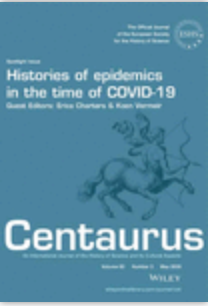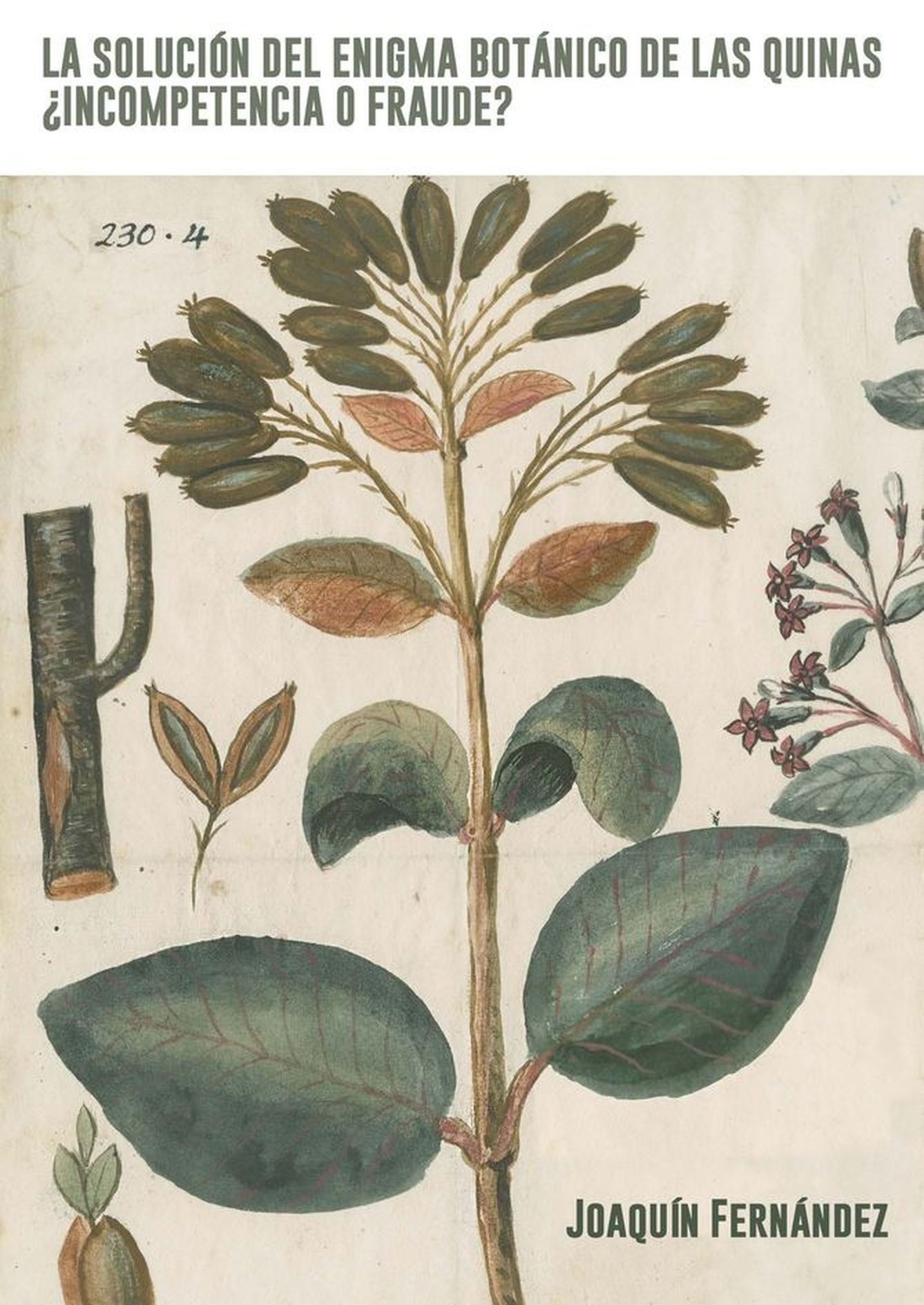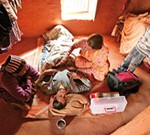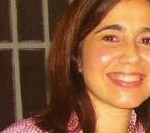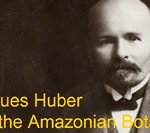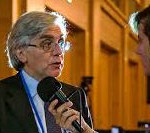May 2016
 The aim of this symposium is to explore historical cases about the practices of
The aim of this symposium is to explore historical cases about the practices of
physiology that problematize the model of scientific diffusionism, that explore the
relationships between science and broader fields of society, culture and power, and
that blur disciplinary, spatial and epistemological boundaries.
More than the reception of European physiology in other places, or the efforts done by exceptional researchers in those “peripheral” contexts, they want to explore from a transnational perspective the varieties of actors, places, practices and instruments related with the study of body functioning, from the early modern period to the present. The panel will consider ‘alternative histories of physiology’ as opportunities to reconsider the ‘global and local’ particularly by considering the relationships between international and national researchers, expeditions, research priorities, and scientific institutions and instruments.
Furthermore, they want to shed light on how these activities are entangled with processes like the creation of national/regional/racial identities and hierarchies, strategies of social control and population governmentality, and colonialism and globalization. Research and discourses on neo-Hippocratic dietetics, blood purity, high altitude physiology, constitutional medicine, nutrition, or hematology, are just a few examples of activities that are at the crossroad of medicine, science and social sciences, field work and laboratory experimentation, expert and lay knowledge, and different styles of knowledge production.
At the same time, all these situated practices were shaped by and helped to shape notions and experiences about the human and the social body in terms of race, gender and class, as well as the relationship between human bodies and their natural and man-made environments.
The organization of this symposium is the result of an early effort to articulate an international academic network interested in “alternative histories of physiology”. In 2014, in Bogotá, Colombia a first meeting was held on these subjects, which gathered together scholars from Argentina, Brazil, Colombia and México. As result, a monograph on “Society, Race, Nation and the Functioning of the Human Organism: Alternative Histories of Physiology in Latin America” was published in 2015.
With the present symposium we want to build on this success, and enhance and expand the geographical range of this network, which seeks to produce a fruitful dialogue between science, medicine, environmental, and health historiographies. A proposal of this symposium will be submitted to the organizers of the 25th International Congress of History of Science and Technology by 30 April 2016, and decisions on accepted symposia will be announced by 30 June 2016.
Scholars interested in participating in this symposium proposal should send their name, possible paper title, and institutional affiliation to Juliana Manzoni (jujumanzoni@gmail.com) or Stefan Pohl (stefan.pohl@urosario.edu.co).
Once the organizers of the 25th ICHST announce the accepted symposia (and if our proposal is accepted), we will ask you to submit a 150-200-word abstract and a 2-page CV by October 1, 2016 to the same e-mail addresses. The selected symposium papers will be circulated among participants before the Congress. We also intend to publish an edited volume with a selection of the papers. The 25th International Congress of History of Science and Technology will be held in Rio de Janeiro, Brazil, from 23-23 July 2017 .





